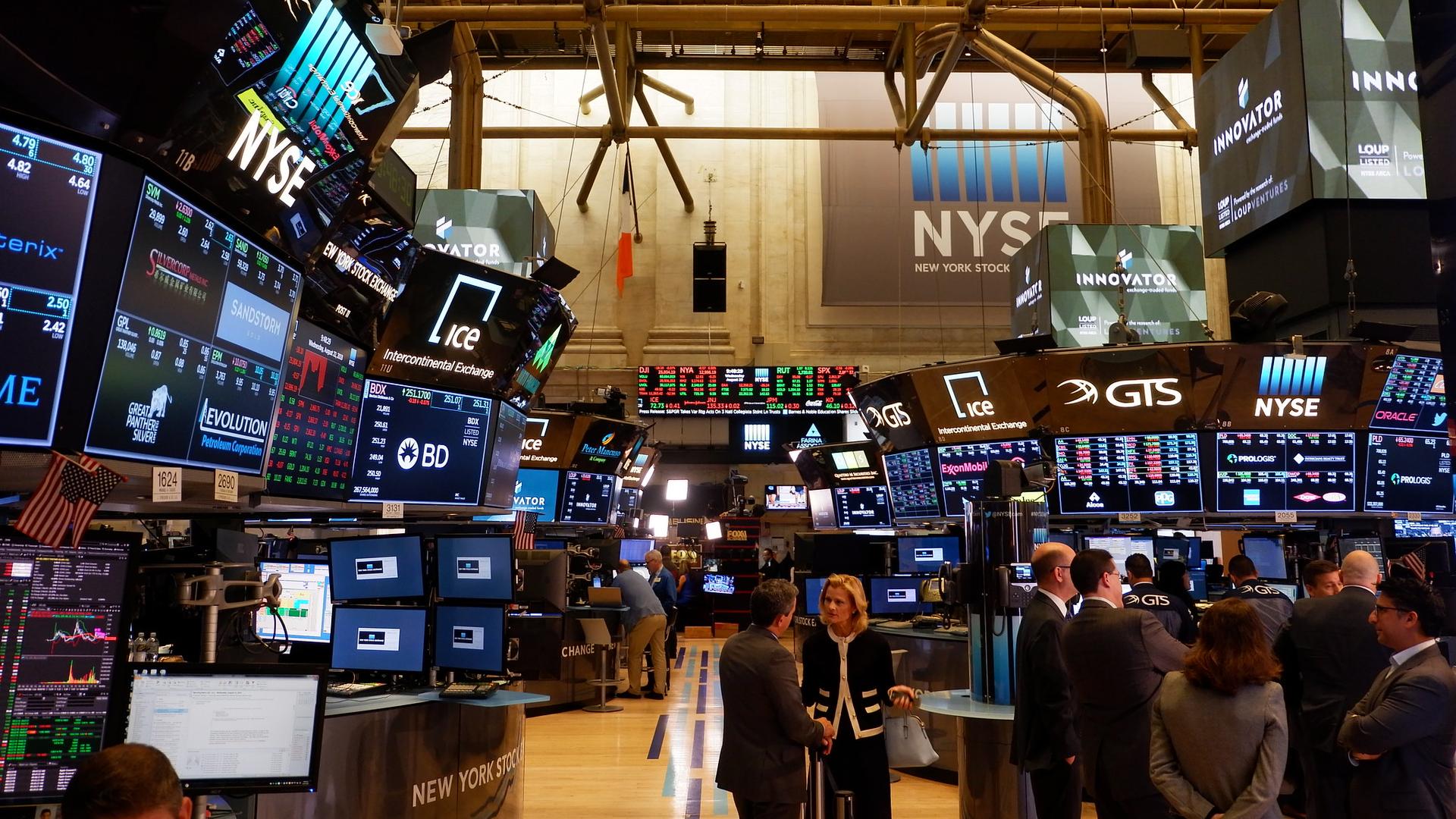Proposed SEC rule would require companies to disclose risks from climate change
The US Securities and Exchange Commission has proposed a rule that would require publicly traded companies to disclose climate-related risks to their investors.
The rule would “require registrants to include certain climate-related disclosures in their registration statements and periodic reports, including information about climate-related risks that are reasonably likely to have a material impact on their business, results of operations, or financial condition, and certain climate-related financial statement metrics in a note to their audited financial statements,” according to a press release from the SEC.
Experts says trillions of dollars of financial assets are at risk of losses related to the changing climate. The new rule aims to increase transparency about these risks. It is part of a growing trend to provide information to investors about Environmental, Social, and Governance (ESG) aspects of business, in addition to information about profits and losses.
“I sit on the board of an oil and gas company, myself, and ESG has come roaring along in the last couple of years,” says Jody Freeman, a Harvard law professor and former counselor for energy and climate change in the Obama White House.
“There’s been a lot of investor pressure on companies to talk more about how they approach environmental challenges and social challenges and how they address all kinds of governance issues.”
“There’s been a lot of investor pressure on companies to talk more about how they approach environmental challenges and social challenges and how they address all kinds of governance issues,” Freeman explains. “I think it makes companies better.”
This is the first time the SEC is proposing a rule requiring disclosure about climate-related risk, however. The rule, Freeman says, asks companies to disclose “how they approach climate-related financial risks, how they assess that risk, whether they think their physical infrastructure might be at risk, how they’re thinking about the transition to cleaner energy. So it’s a very significant thing for this to be mandatory now.”
Related: Will big oil finally be held accountable for decades of climate misinformation?
The proposed rule is open for public comment and could take effect within a year or two.
While the rule requires companies to provide information about both direct and indirect greenhouse gas emissions, it does not necessarily require disclosure of Scope 3 emissions — that is, “downstream” emissions from the products a company produces (for example, a car or truck).
The SEC has been careful to link these disclosures to financial risks, Freeman notes. The rule “is not trying to force companies to do something about climate change,” she points out.
Sixty percent of Fortune 500 companies already have climate resolutions and about 17% of those have net zero goals, Freeman notes. But 72% of investors don’t believe them, Freeman says. They don’t think the companies will meet their stated goals. “What that tells you is investors are clamoring for information,” she contends. “That’s what this rule, I think, is seeking to do.”
Related: Did the world ‘build back better’ since the start of the pandemic? Not so much.
The rule has already received pushback from industry, commerce and members of Congress, some of whom protest that the SEC is a financial regulator and has no legal authority to require disclosures about climate risk. The SEC counters that the proposed rule is part of its core mission.
In its press release, the SEC says, “Our core bargain from the 1930s is that investors get to decide which risks to take, as long as public companies provide full and fair disclosure and are truthful in those disclosures. Today, investors representing literally tens of trillions of dollars support climate-related disclosures because they recognize that climate risks can pose significant financial risks to companies, and investors need reliable information about climate risks to make informed investment decisions.”
Nevertheless, Freeman expects court challenges to the rule, should it take effect, and speculates these challenges might get a receptive hearing from an increasingly conservative Supreme Court.
“I think there is a feeling that the 6-3 conservative majority of the court is very skeptical about expansive agency regulation and that the interest groups and businesses that want to challenge these rules are going to find a sympathetic audience in the court.”
“I think there is a feeling that the 6-3 conservative majority of the court is very skeptical about expansive agency regulation and that the interest groups and businesses that want to challenge these rules are going to find a sympathetic audience in the court,” Freeman notes. “We’ve already seen a couple of Supreme Court decisions recently in which they’ve struck down agency rules for being, in their view, an overstep beyond what Congress has authorized.”
But if the SEC can complete the rulemaking process and issue the new rule, the behavior of public companies will start to change, Freeman believes.
“It will become more and more routine to disclose to investors your climate-related risk,” she says. “I think it will further embed climate-related risk planning into business practices as something that’s standard and expected.”
Related: Is ‘new economics’ the way to save the planet?
“It also goes to show that the federal government is taking a very expansive approach to climate now — not just thinking about how…we reduce greenhouse gas pollution, but thinking about the economic risk that comes with climate change,” Freeman adds. “And I think it’s very important for people to understand that we’re moving into an era where we think of climate touching everything: touching financial risks, touching national security risk. And I think that’s very helpful for progress on climate policy.”
This article is based on an interview by Steve Curwood that aired on Living on Earth from PRX.
